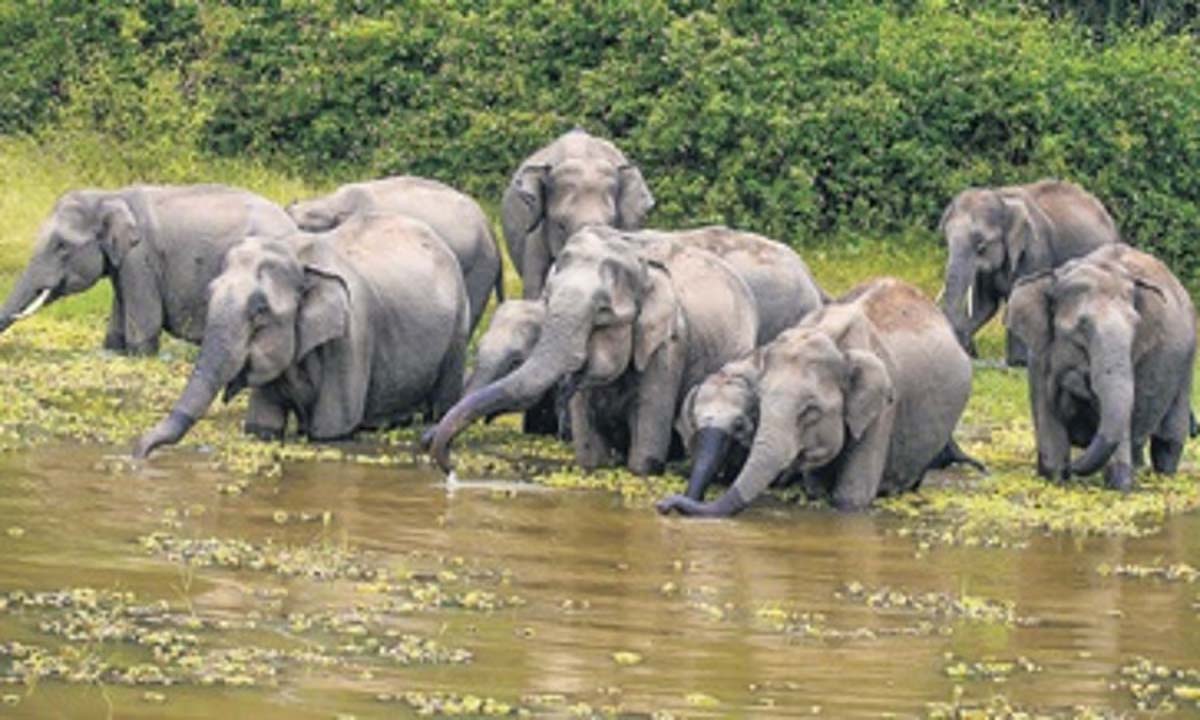BENGALURU: The sudden varying and rising temperatures across the country, heatwave conditions and excess rain have impacted humans and animals alike, especially those in the wild.
The impact is seen not just in Karnataka, but across the country, in the form of increasing cases of conflict and death. To mitigate conflict, state governments undertook the task of drilling borewells and filling waterholes inside forests. Experts and officials from the Ministry of Environment, Forests and Climate Change (MoEFCC) and Wildlife Institute of India (WII) condemned this and asserted that the natural course should not be disturbed and there should be least human interference.
Taking a cue, they said this was the right time take up a study on the impact and chalk out an action plan for the future. They also noted that it was not just the natural weather course, but various infrastructure projects undertaken over the years have worsened the situation in forests. This is also impacting the mental health of animals, which needs to be studied.
“A detailed weather impact study of each landscape, along with a management plan, should be conducted. The physiological impact on animals and plants also needs to be studied. The best way to ensure safety of wildlife is to make sure that natural water bodies are not touched by construction of dams. Rivers and rivulets should be protected, as also natural vegetation as animals shift zones as the day progresses and weather changes,” the MoEFCC official said.
Praveen Bhargav, trustee, Wildlife First, and former member of the National Board for Wildlife said: “Wild animals have evolved over millions of years and have survived severe climatic conditions. Scientific consensus is clear that fanciful ideas of creating more water holes, bringing tankers to fill them, constructing check-dams etc. must not be considered even where there is a heatwave. Absolutely no human intervention is necessary in Protected Areas. Corporates, too, must not rush and provide CSR funding for unscientific and ecologically damaging activities.”
Prof R Sukumar, noted wildlife expert and part of the Intergovernmental Panel on Climate Change, said lack of water also impacts forage quality, leading to starvation in animals and death, and impacts herbivores and carnivores. But varying weather conditions helps keep a check on wildlife cycle. He added that a contingency plan and landscape protection plan are needed for better wildlife management.
Former WII Dean GS Rawat said this is the right time to regulate tourism. Provision of tankers and creation of artificial waterholes in semi-arid or dry deciduous forest patches lead to forest degradation as the balance of prey and carnivore base is affected. Animals migrate during summers and the paths they use are natural ones, and should be protected. This will address conflict management for coming harsh times.
